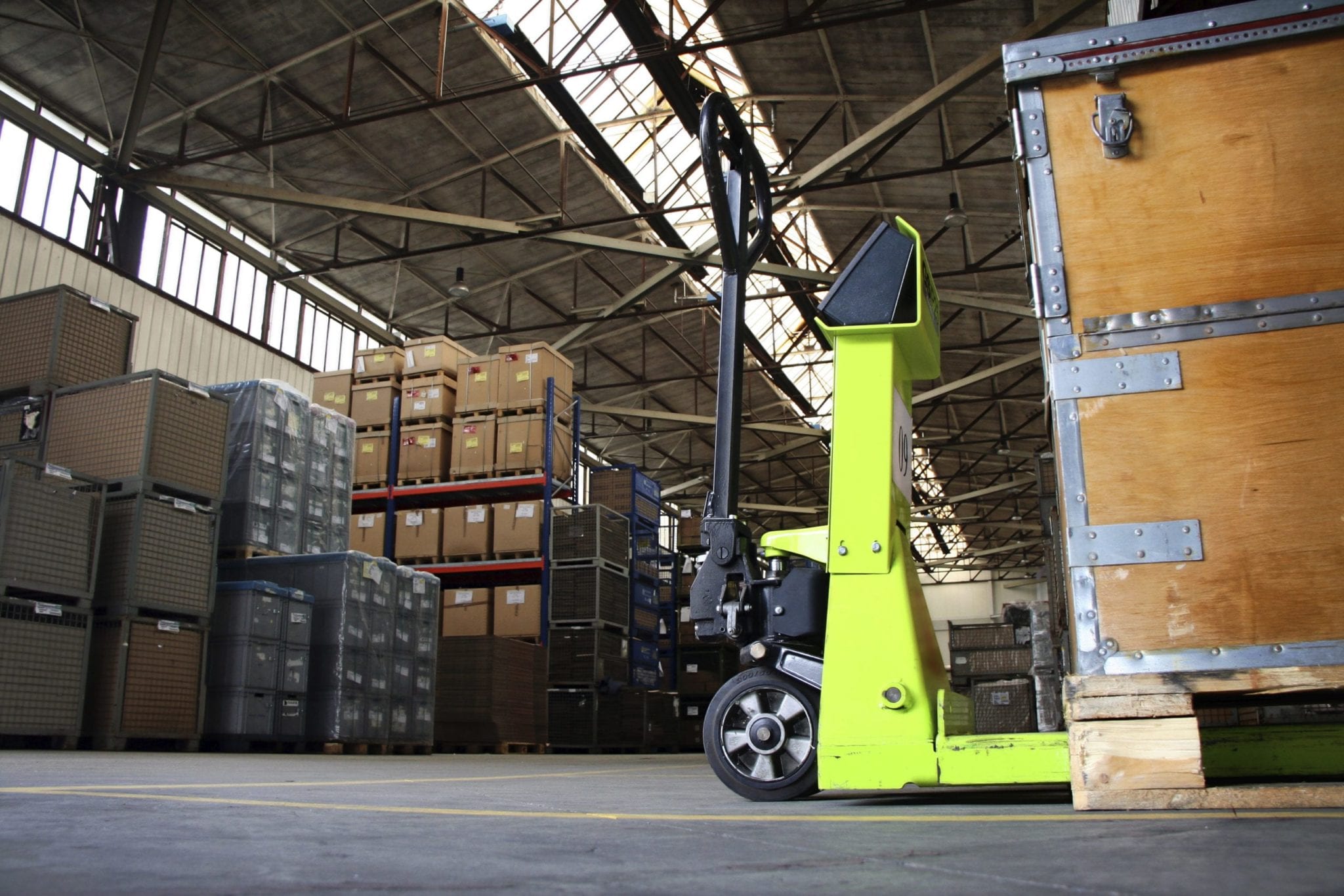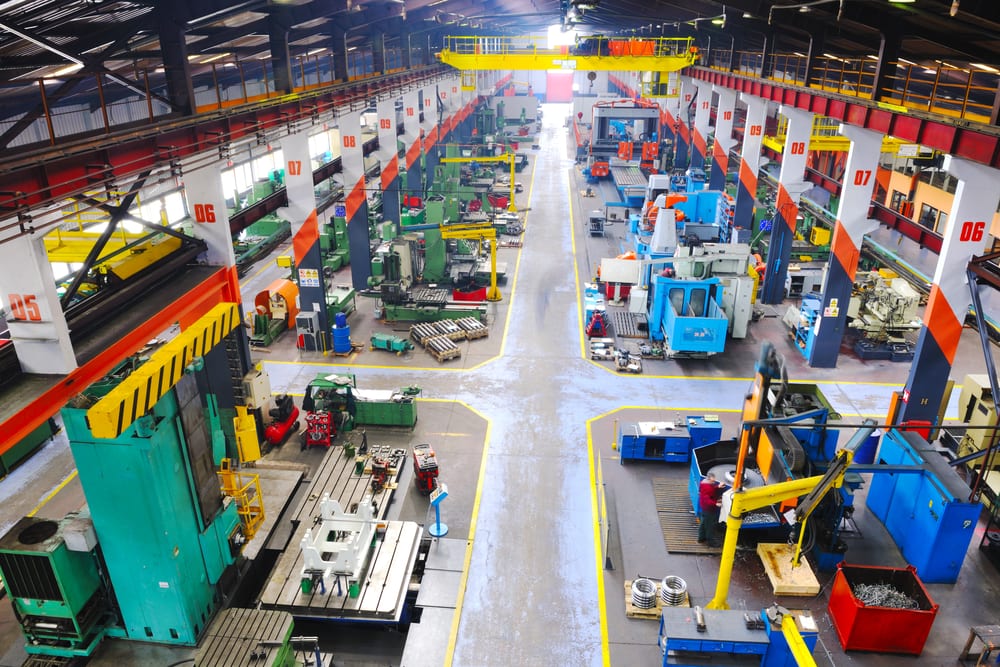We often ask manufacturers and distributors, “What is the most important part of your business capital?” Top of mind is usually facility, equipment and people. But there is much more beneath the surface. Most of the value of a business comes from its intangible assets, not the tangible assets. Intangible assets are made up of your company’s human, customer, structural and social capital. Below we dive into the four types of intellectual capital and why they’re so important to the manufacturing industry.
Human Capital
Human capital measures the knowledge, skills and experience of your team. Strong, developed talent is hugely valuable to a business, especially in manufacturing where understanding machinery and technology will help move your business forward. Finding and retaining top talent are two of the biggest challenges these businesses. Developing human capital is challenging in these times, but it should be a top priority by recruiting, motivating, retaining and growing top talent.
- Recruit – To attract and recruit the best talent, owners must identify exactly why top talent would want to join your team, what makes your company a great place to work, what competencies you need to achieve your goals and what core values and characteristics you’re looking for in candidates.
- Motivate – What are you doing to motivate your employees? Top talent wants to be part of something bigger than a “job” – they want to be part of a cause. Do your core values represent this? Do you have the right rewards and incentives in place to motivate and keep them motivated?
- Retain – When you have the right employees at your company, how do you work to retain them? Retention is just as important as recruiting, especially in the manufacturing industry where skilled workers are hard to come by. Start by looking at the turnover rate of both high and low performers, and make sure there’s a path for professional growth and development.
- Growth – How does the team evolve? Is promoting from within a top priority, or are you always seeking outside knowledge that can’t be developed internally? Your teams need to be able to evolve with business growth and changing needs. For example, if you decide to pivot and start a new product line, will you need to hire several new employees, or do you have the capacity and internal knowledge to build a new skill set? There’s no wrong answer but planning for future growth is important to your business and your employees’ careers.
Customer Capital
How a business interacts with customers is more important than what it makes or sells. Everything starts with your customers and getting a clear picture of your customer base. Businesses can gauge strength of customer capital with a few questions:
- Is your business an integral part of your customers’ success because the products and/or services you provide are unique?
- Do you have deep, long-term and contractual relationships with your customers?
- Are those relationships consistent, reliable and recurring?
- Most importantly, are those relationships transferable?
If the answer is no to any of these questions, it’s time to start investing time and resources into strengthening your relationships with your customers and turning them into raving fans. Building up your structural capital can help.
Structural Capital
A business’s infrastructure is made up of the systems and tools that strengthen customer and human capital built by the company. Two purposes of structural capital are to 1) take what exists inside your employees’ brains and turn it into a transferable form and 2) make connections between people and data and expertise. Making knowledge company property ensures that when folks head home at night or leave the company, the knowledge they house doesn’t walk out the door with them. Implementing better inventory management, documenting processes and vendor relationships and creating company policies will enable the team to meet and exceed customer expectations and build and sustain lasting relationships.
Social Capital
Social capital includes such things as your culture, brand, intercompany communication, day-to-day operations and the way you communicate with your customers and vendors. Think of those companies that make you feel different when you see the logo or walk onto their property. There seems to be something special, and it is reflected in their market value. Social capital is tough to measure and can be even harder to discover. But you know it when you see it. Investing in marketing, branding and developing and retaining strong customer relationships will help your company build social capital.
Building and growing each type of intellectual capital will help manufacturers future-proof their business and pivot when challenges arise. Learn more about the four types of intellectual capital in Chris Snider’s book, Walking to Destiny.
Contact an Anders advisor below to learn how to build a more valuable business or learn more about our Business Transition Planning Services and Manufacturing and Distribution advisors.




